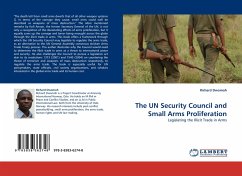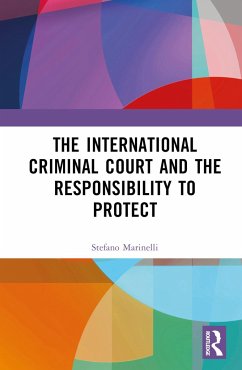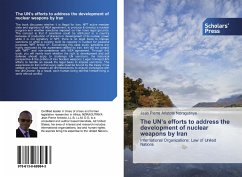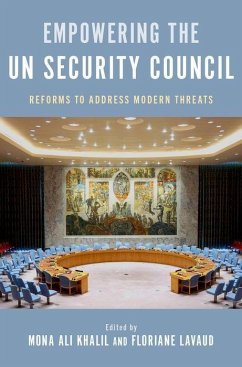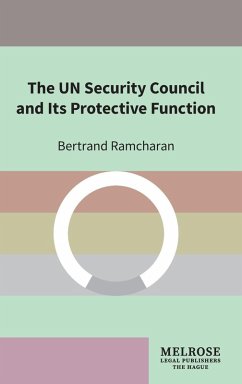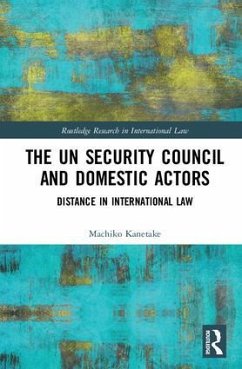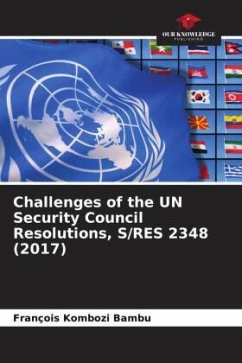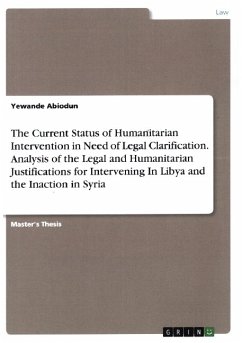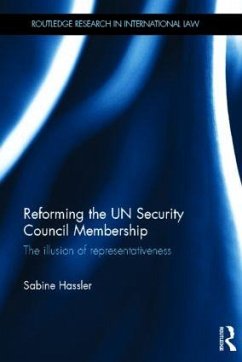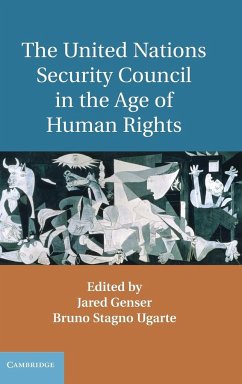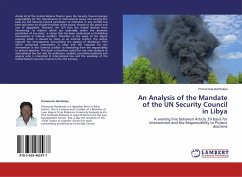
An Analysis of the Mandate of the UN Security Council in Libya
A waning line between Article 39 basis for intervention and the Responsibility to Protect doctrine
Versandkostenfrei!
Versandfertig in 6-10 Tagen
27,99 €
inkl. MwSt.

PAYBACK Punkte
14 °P sammeln!
Article 24 of the United Nations Charter gives the Security Council primary responsibility for the maintenance of international peace and security.The basis for the Security Council jurisdiction to intervene in any conflict has been laid down to include breaches of the peace, threats to the peace and acts of aggression. However, Art 2(7) bars the United Nations from intervening "in matters which are essentially within the domestic jurisdiction of any state", a notion that has been understood as forbidding intervention in internal conflicts. Therefore in the wake of the Libyan uprising which is...
Article 24 of the United Nations Charter gives the Security Council primary responsibility for the maintenance of international peace and security.The basis for the Security Council jurisdiction to intervene in any conflict has been laid down to include breaches of the peace, threats to the peace and acts of aggression. However, Art 2(7) bars the United Nations from intervening "in matters which are essentially within the domestic jurisdiction of any state", a notion that has been understood as forbidding intervention in internal conflicts. Therefore in the wake of the Libyan uprising which is viewed by many as an internal conflict, the author explores the circumstances surrounding the passing of Resolution 1973 which authorized intervention in Libya and the rationale for the intervention in this "internal conflict" as emanating from the responsibility to protect doctrine. This book is therefore useful for not only students of international law but also for politicians, analysts,journalists,academia and anyone who is interested in international law and the workings of the United Nations Security Council in the 21st Century.



